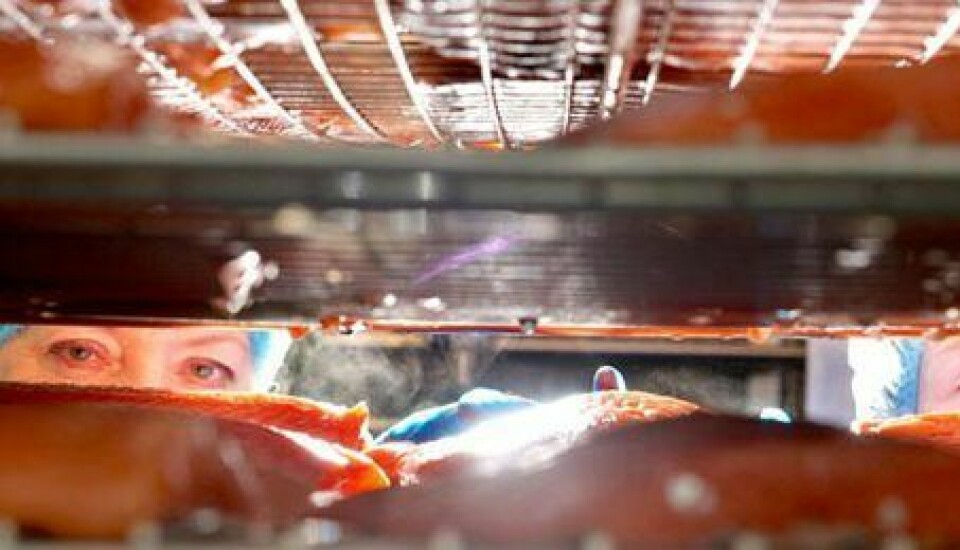
Lower the bar for migrants says salmon processor
A Highlands salmon processor has warned that finding good workers is likely to be more difficult now that the UK has left the European Union and has urged Westminster politicians to relax proposed earnings limits for migrants.
Aquascot was responding to a query from Fish Farming Expert about whether the firm welcomed a recommendation by the Migration Advisory Committee (MAG) that the minimum wage that people from abroad must earn if they want to migrate to the UK should drop from £30,000 to £25,600 per year.
The MAG helps the UK government form its immigration policies.
Recruitment challenge
In response, the company said: “Aquascot is a thriving employee-owned fish processing business based from Alness. We have over 190 people, known as ‘Partners’, working with us and 55% of them have migrated from seven different countries in the EU and we rely on their skills and excellent work ethic to service our high-end UK retail client base.
“We are a ‘living wage’ employer and, while the Migration Advisory Committee’s decision to drop the minimum wage for those wishing to migrate to the UK is a welcome first step, the gap between that and the living wage suggests the recruitment challenge ahead will likely remain.
“Food processing remains a highly competitive and people intensive manufacturing process and, in the lead up to Brexit, we have done everything we can to assist our European Partners in continuing to live their lives here in the Highlands. Partners have understandably been nervous for their futures and we have been supporting individuals directly with understanding the new rules and completing their applications for settlement.
“Over and above such direct assistance, companies like ours must innovate to retain the talented people we need to thrive. We do so by becoming a great place to work, by living our values, by providing a clear path for professional and personal development, by providing flexible working and by rewarding our Partners through dividend on profitability whenever possible.
“So, as ever, we must innovate to thrive. But finding good people is key and, post-Brexit, the competition for a diminishing pool of European talent will likely start to pinch.
“Anything more the Migration Committee or Government can do to ease the flow of good people keen to work in our industry will be good not only for Aquascot but for Scotland and UK plc as well.”

48% of the workforce
Aquascot’s view matches that of the Scottish Seafood Association, which represents the whole of the processing sector.
In a statement yesterday, SSA chief executive Jimmy Buchan, argued that the UK government’s proposed points-based framework for immigration must take into account the sector’s employment needs.
“We are dependent upon migrant workers from other EEA countries, which make up 48% of the workforce as a whole and 70% in the North East of Scotland, so it is vital that our members are able to gain continued access to this labour pool,” said Buchan.
Semi-skilled
The SSA chief stressed that workers from the EU were semi-skilled and occupied roles that were hard to fill, and that was something that politicians needed to understand more clearly.
“Not everyone can do this job,” he told Fish Farming Expert. “These types of people are not readily available on the High Street. It is not a case of favouring migrants over local people; they are simply not available.”
Buchan also called on ministers taking part in trade deal negotiations with the EU “to balance the needs of the processing sector for continued unfettered access to EU markets with the expectations of the catching sector”.























































